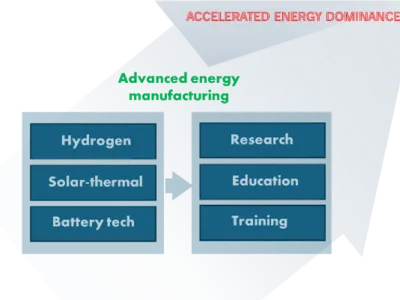Update: An update on this story is available at https://www.oit.edu/news/oregon-tech-reduces-tuition-increase-202205.
Oregon Tech is proposing a 7% increase in tuition and fees as the University faces a decrease in state funding and increasing labor and benefits costs. The increase applies to the 2022-23 academic year and is subject to approval by the Oregon Higher Education Coordinating Commission (HECC).
The increase recommendation was made to the Board of Trustees on April 7 by Oregon Tech President Dr. Nagi Naganathan and was based on input from the Tuition Recommendation Committee (TRC). The Board approved the recommendation at the meeting.
The recommended 7% increase is comprised of a 6.6% tuition increase and a .4% mandatory fees increase.
President Naganathan shared, “Oregon Tech is repeatedly recognized as the Oregon university that offers the best return on investment. Education at a polytechnic university costs more given the need for specialized equipment in our STEM programs, and this equipment is necessary for providing our students with applied learning opportunities. It is this style of learning and training that employers highly value, resulting in our graduates achieving 96% placement success. Increasing the tuition rates is our last resort. While some regional universities saw increases of $7 to $8 million in funding from the formula revision, Oregon Tech funding was reduced, imposing considerable strain on meeting our student needs.
“The TRC was given the difficult job of evaluating Oregon Tech’s funding challenges and what upcoming years will require. I thank all of the students, faculty, and staff who were part of this important committee.”
The committee worked with Oregon Tech’s student government (ASOIT) to hold public forums at the Klamath Falls and Portland-Metro campuses. These forums were held to educate the campus community about the tuition-setting process and budget dynamics affecting the University and to solicit feedback from students on a range of tuition scenarios developed by the TRC. Feedback from the forums was incorporated into the TRC recommendation.
Oregon Tech will continue to raise funds from alumni, donors, and agencies for scholarships and grants and guide students through the process of applying for federal assistance.
Vice president of Finance and Administration John Harman explained that capital construction projects did not influence the TRC’s recommendation to increase tuition. Oregon Tech capital construction is primarily financed from bonds funded and retired by the state and not the University. Funds for new construction or building renovation projects do not come from the general fund. For example, Oregon Tech’s current Boivin Hall remodel was identified by the state as a priority project due to the building’s age and Americans with Disabilities Act compliance needs. The project received $23 million in state bonds and Oregon Tech matched that with $1.1 million from fundraising and reserves.
“The cost of education remains an important issue for us, and we will continue to lobby for increased investment from the state,” said President Naganathan. “As a premier educational institution with a history of 75 years of applied learning, Oregon Tech is a university of destination for thousands each year. Our vision is to provide the same world-class learning experience Oregon Tech is known for to every class of students we serve. At Oregon Tech, student success is our top priority.”









